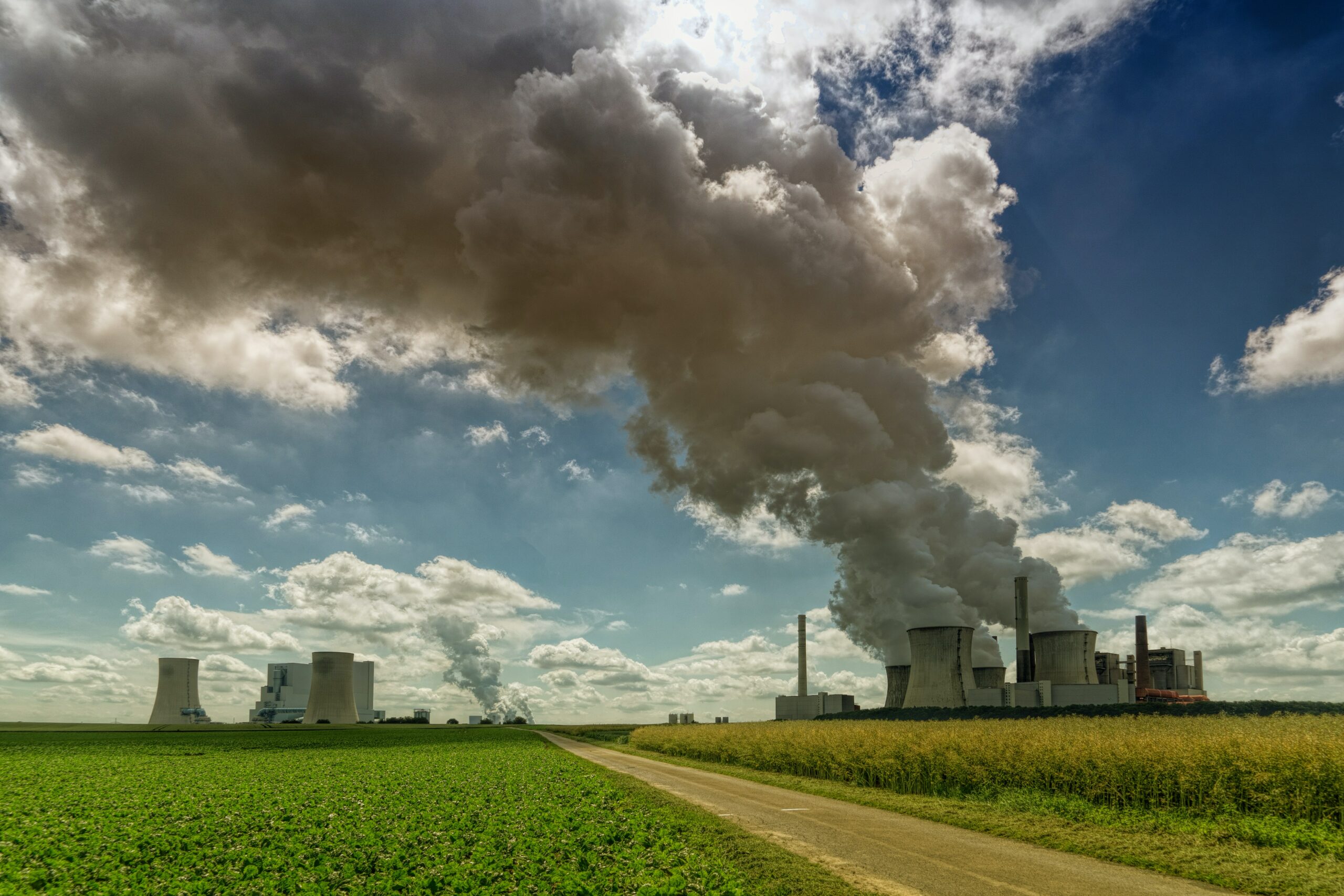- Client: DG Climate Action (CLIMA) (European Commission)
- Implementation period: September, 2022 - September, 2023 (Ongoing)
- Geographic coverage: Europe, European Union
- Theme: Climate Change, Environment
- Topic: Environmental Economics and Policies
- Experts: Long Lam, Linde Zuidema, Hans Bolscher, Kym Whiteoak, Oana Forestier, Andrea Finesso
The overall objective of this study is to conduct an economic assessment of a set of design options for applying the polluter-pays principle to incentivise climate mitigation in the land sector. This objective will be pursued by compiling a study by way of thorough desk research, critical analysis in alignment with the Better Regulation guidelines and engagement with the relevant experts acting in the field. Given the strong differences in the agriculture value chain and diverging stakeholder views, the study will integrate important insights from the stakeholder consultation activities in the form of a roundtable with a small number of selected experts, a public workshop with keynote speakers and/or panel discussants, and a public survey.
The first part of the study will address the ways and options to apply the polluter pays principle to agricultural GHG emissions. We will develop concrete policy options to operationalise this principle for agricultural GHG emissions in the EU. Underpinning this selection of instruments is the choice over the scope of pollution to be considered, including the point of entry across the value chain, the activities involved, as well as the emission scope. The second part of the study will develop a system for rewarding farmers and landowners for long-term carbon removals. In particular, this part of the study will highlight the link between the application of the polluter pays principle from the first part of the study with incentives to enhance carbon farming at land-management level.
